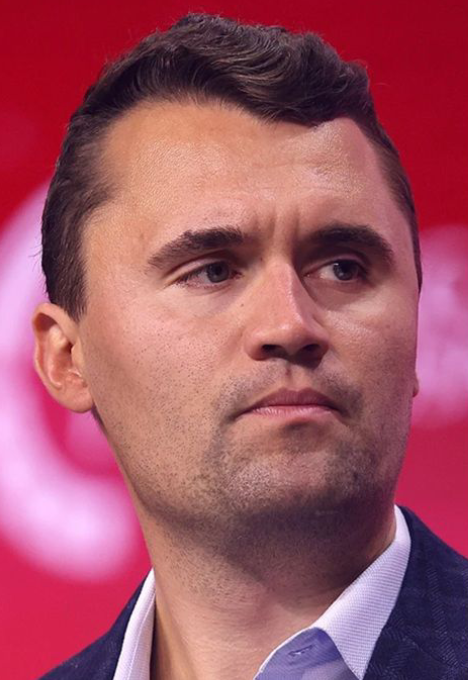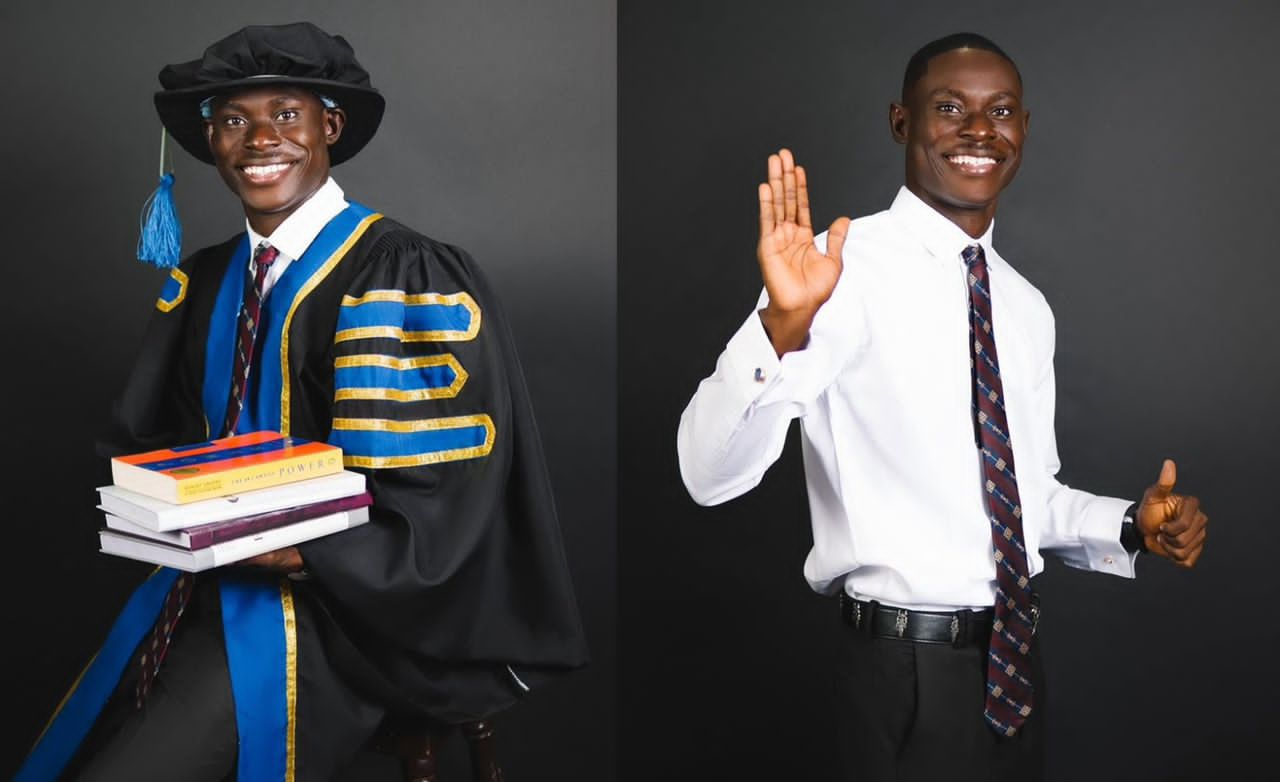
America Draws the Line: U.S. Warns Foreigners Who Mock Charlie Kirk’s Assassination They Are Not Welcome

The United States government has issued a stern warning to foreigners who have taken to social media to mock, rationalize, or glorify the assassination of conservative commentator and political figure Charlie Kirk. In a statement that has generated wide attention across the globe, Deputy Secretary of State Christopher Lane made it clear that individuals outside U.S. borders who indulge in what he described as dangerous rhetoric will not be granted the privilege of entry into the country. Lane expressed deep disgust at what he called the disturbing wave of celebratory and mocking comments flooding online platforms in the wake of the assassination, saying the U.S. will take concrete steps to ensure that those who embrace or cheer violence cannot gain access to American soil. His remarks have sparked heated debate both within the United States and internationally, raising questions about the limits of free expression, the role of social media in amplifying violence, and the broader implications for diplomatic and immigration policy.
Charlie Kirk, a polarizing political activist, became the center of tragedy when he was fatally shot in what officials have confirmed as a politically motivated attack. The shocking act of violence reverberated across the nation, with political leaders from both sides of the aisle condemning it as an assault not only on one man but on the principles of democratic discourse. Yet, amid the grief and condemnation, a disturbing trend emerged online: foreign social media users posting celebratory memes, sarcastic jokes, and inflammatory commentary that either minimized the seriousness of the assassination or outright praised it. For American officials, this was the final straw. Lane’s strongly worded announcement emphasized that the United States will not tolerate foreigners using its political tragedies as opportunities to spread hatred or glorify bloodshed. He directed consular officials worldwide to treat such online activity as a red flag during visa reviews, essentially barring individuals identified as engaging in such rhetoric from entering the U.S.
His statement, posted on X and amplified by the official State Department account, immediately set off a firestorm. “In light of yesterday’s horrific assassination of a leading political figure, I want to underscore that foreigners who glorify violence and hatred are not welcome visitors to our country,” Lane wrote. “I have been disgusted to see some on social media praising, rationalizing, or making light of the event, and have directed our consular officials to undertake appropriate action. Please feel free to bring such comments by foreigners to my attention so that the State Department can protect the American people.” Within hours, the post had been shared tens of thousands of times, sparking outrage, applause, and heated debates about the intersection of security, speech, and immigration policy.
Supporters of the policy hailed it as a much-needed protective measure in an era where online speech can escalate into real-world violence. For them, Lane’s directive represents a necessary safeguard, ensuring that individuals who openly celebrate or normalize political assassination do not gain access to the United States, a country already struggling with its own domestic extremism. Critics, however, argue that the move treads into dangerous territory by conflating online expression, however distasteful, with actual threats. Some human rights advocates questioned whether the U.S. is overstepping by effectively policing the digital speech of non-Americans and using visa policy as a blunt instrument to enforce its moral stance.
Across global platforms, the debate raged on. In Europe, Asia, and Africa, commentators pointed out that the measure could create a chilling effect, discouraging legitimate political critique or satire for fear of being flagged as hostile to U.S. interests. Others noted that the rule might be difficult to enforce, given the sheer volume of online content and the difficulty of distinguishing between genuine threats and crude attempts at humor. However, the symbolic power of the announcement cannot be denied: America is drawing a bright red line, signaling to the world that the assassination of a political figure is not a subject for mockery or celebration, and that those who cross this line will face consequences.
Domestically, the tragedy has also reignited conversations about the toxic state of American political discourse and the way social media fuels polarization. Charlie Kirk’s assassination is not just an isolated act of violence; it represents, for many, the culmination of years of rising hostility, ideological division, and reckless rhetoric that have poisoned the national conversation. For foreign observers, mocking such an act might appear as detached online commentary, but for Americans, it cuts into the heart of their democracy, their freedoms, and their sense of safety. Lane’s statement was as much about protecting national dignity as it was about security, an assertion that certain lines of decency must be upheld in a globalized digital world.
The warning also raises the specter of a broader U.S. crackdown on foreigners perceived as hostile, not just in cases of political assassination but perhaps in future incidents of domestic terrorism or hate crimes. The idea that online speech could determine visa eligibility is not new—several countries already use social media checks as part of their immigration screening—but the explicit linking of such checks to political tragedies adds a new layer of intensity to the process. For many, this marks the beginning of a new era in which the digital footprint of foreigners becomes as important as their legal documentation in determining whether they are deemed fit to enter the United States.
At the same time, Lane’s call for the public to actively report such comments to the State Department adds an unusual element of crowdsourced vigilance. By encouraging Americans to flag foreign accounts that mock or glorify the assassination, the government is enlisting ordinary citizens in the process of shaping immigration enforcement. This move has been met with both enthusiasm and skepticism, with supporters framing it as a necessary community response to global extremism, and critics warning that it could lead to misuse, false reporting, and harassment of individuals engaged in legitimate political debate.
Nevertheless, the tone of Lane’s statement leaves no room for ambiguity. The U.S. is treating the assassination of Charlie Kirk not only as a domestic wound but as an event with global implications, one that requires vigilance against those outside the country who would seek to trivialize it. In doing so, America is sending a message to the world: freedom of expression has its boundaries when it veers into the glorification of violence, and the privilege of visiting the United States will not be extended to those who cross that line.
As the dust settles on this tragic chapter, the world is left to grapple with the broader implications. The question now is whether Lane’s announcement will serve as a deterrent to the digital mobs that so often spring up in moments of tragedy, or whether it will only further inflame tensions by pitting America’s values of free expression against its need for security and respect. What is certain is that the assassination of Charlie Kirk, and the U.S. government’s uncompromising response to foreign mockery of it, will be remembered as a defining moment in the evolving battle over speech, violence, and the global role of social media.


